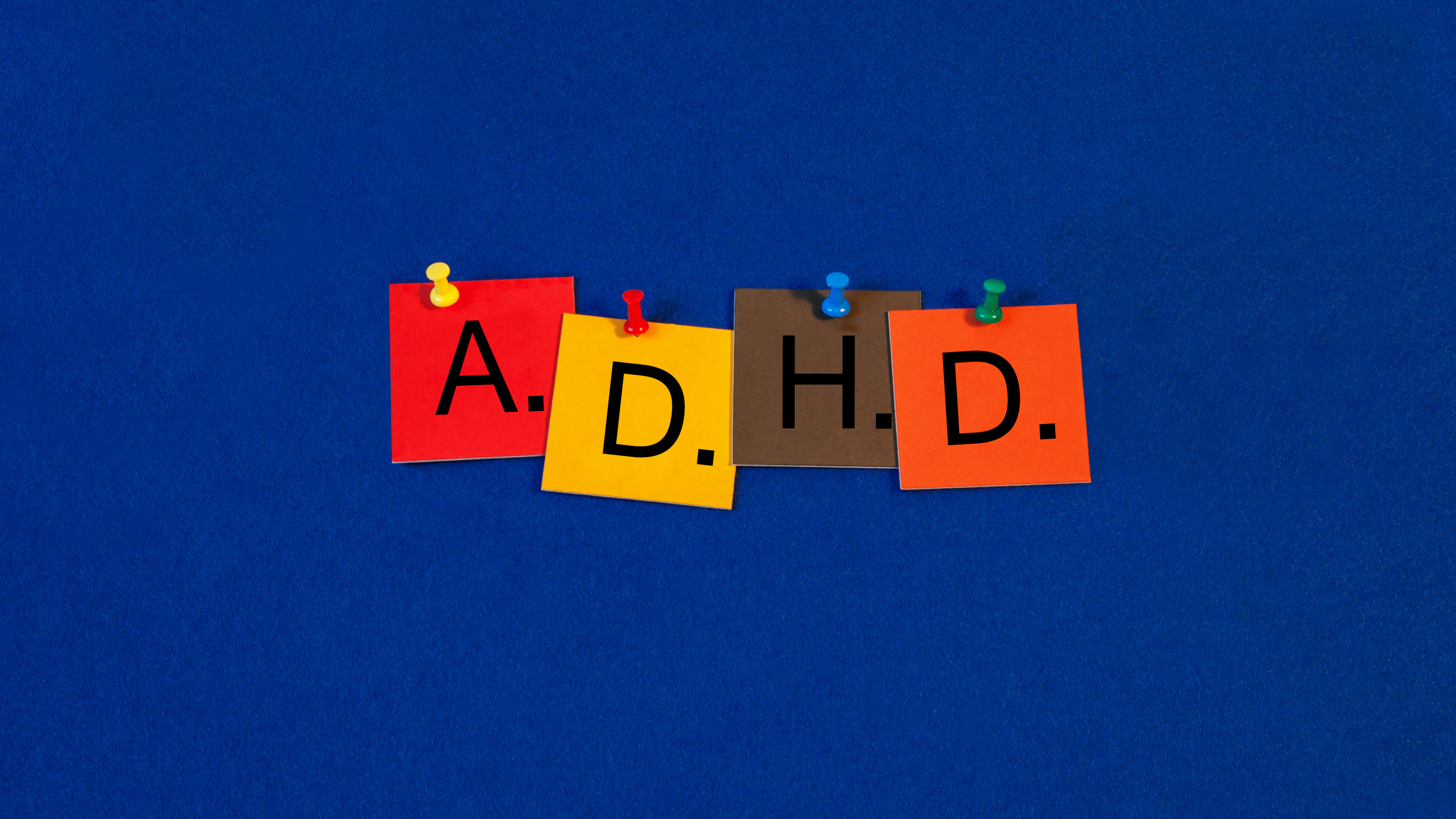Where can I find ADHD testing for adults near me?
3rd Dec 2024
ADHD, or Attention Deficit Hyperactivity Disorder, is commonly associated with children, but many adults also live with ADHD symptoms that affect their day-to-day life. If you're an adult who suspects you may have ADHD, seeking an ADHD test from a healthcare professional is a crucial step toward an accurate diagnosis. This guide will help you understand ADHD testing for adults, the nature of adult ADHD, and what to expect during the diagnostic process.
ADHD Testing for Adults
Finding appropriate ADHD testing is a crucial step towards managing the condition effectively. Here's how you can locate a healthcare professional who can assess and diagnose ADHD:
- Consult Your Primary Care Doctor: Your doctor can refer you to specialists experienced in diagnosing ADHD, such as psychiatrists or psychologists.
- Check with Mental Health Clinics: Local clinics often offer assessments for any mental health condition, including ADHD.
- University or Hospital Programs: Some universities and hospitals have programs dedicated to psychological tests and evaluations for ADHD and other learning disabilities.
- Online Resources: Organizations like the World Health Organization and the American Psychiatric Association provide directories to help you find qualified professionals.
- Support Groups: Connecting with support groups for adults with ADHD can provide recommendations for trusted healthcare providers.
When searching for ADHD testing, ensure that the professional uses evidence-based diagnostic criteria, such as those outlined in the Diagnostic and Statistical Manual of Mental Disorders (DSM-5).
Understanding Attention Deficit Hyperactivity Disorder
Attention Deficit Hyperactivity Disorder (ADHD) is a neurodevelopmental disorder characterized by symptoms of inattention, hyperactivity, and impulsivity. In adults, these symptoms can manifest differently than in children. Common symptoms include:
- Difficulty Concentrating: Trouble focusing on tasks or conversations, leading to incomplete work or misunderstandings.
- Poor Memory: Forgetting appointments, deadlines, or important tasks.
- Impulsive Behaviors: Engaging in impulsive spending or making hasty decisions without considering the consequences.
- Emotional Challenges: Feeling upset easily, experiencing mood swings, or dealing with chronic stress and anxiety.
- Difficulty Organizing Tasks: Struggling to prioritize or manage time effectively, affecting work performance and relationships.
- Restlessness: Feeling the need to move constantly or an inability to relax.
These symptoms can resemble ADHD but may also indicate other mental disorders, such as depression or anxiety. It's essential to seek a professional evaluation to determine the exact cause.

How to Diagnose ADHD
Diagnosing ADHD in children and adults involves a multifaceted approach to ensure a correct diagnosis. The process typically includes:
- Comprehensive Interview: A health care professional will conduct a detailed interview covering your medical history, symptom history since childhood, and how symptoms affect your current life.
- Diagnostic Criteria Assessment: Using the DSM-5 criteria, the professional will determine whether your symptoms align with those required for an ADHD diagnosis.
- Rating Scales and Questionnaires: You may complete standardized rating scales that assess the frequency and severity of your symptoms.
- Collateral Information: With your permission, input from family members, parents, or close friends may be sought to provide additional insights, especially regarding childhood symptoms.
- Rule Out Other Conditions: The evaluation will include assessing for other health conditions or mental disorders that could mimic or coexist with ADHD, such as learning disabilities, anxiety, depression, or medical issues like thyroid problems.
- Cognitive and Psychological Tests: These tests help evaluate executive functioning, attention span, and working memory.
An accurate diagnosis of a child with ADHD is critical because it guides the development of effective treatment options, which may include medication, therapy, or lifestyle changes.
What to Expect Taking an ADHD Test
Undergoing an ADHD test can be thorough but straightforward. Here's what you can anticipate:
- Initial Consultation: Discuss your concerns with the healthcare professional, highlighting specific symptoms like difficulty paying bills, maintaining relationships, or staying focused at work.
- Symptom Assessment: Provide examples of how symptoms like being easily distracted or making careless mistakes impact your life.
- Childhood History: Since ADHD often begins in childhood, discuss your experiences growing up, including school performance and behavior, possibly referring to old report cards or teacher comments.
- Medical Examination: A physical exam may be conducted to rule out other medical issues.
- Feedback Session: After the assessment, the professional will share the results, discuss whether you meet the diagnostic criteria for ADHD, and outline potential treatment options.
Understanding the process can alleviate anxiety and help you prepare for the evaluation.

Key Takeaway
Living with undiagnosed ADHD can lead to unnecessary challenges and chronic stress. If you believe you might have ADHD, don't hesitate to seek an assessment from a qualified healthcare professional. An accurate diagnosis opens the door to effective treatment options, such as medication, therapy, or strategies to manage symptoms. Taking control of your mental health is vital for enhancing your day-to-day life and relationships. Reach out to a professional today to determine the best path forward.



